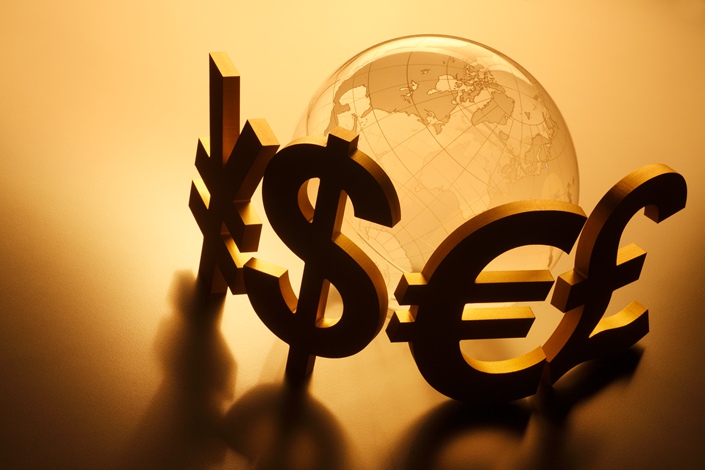China Culls Foreign Investment ‘Negative List’

*China’s top economic planner and its Commerce Ministry will open up several industries to greater foreign investment, including airplane design and manufacturing, railway construction and agriculture
*A total of 48 sectors remain on the ‘negative list,’ including entertainment, internet publications and law firms
(Beijing) — China is further opening up its market to foreign capital, easing investment curbs on a wide range of industries, including banking, automotive, infrastructure, heavy industry and agriculture.
The National Development and Reform Commission (NDRC), China’s top economic planner, and the Ministry of Commerce jointly published the 2018 version of the so-called “negative list” on Thursday, which removed foreign ownership restrictions on some industries in China.
The number of restricted items on the latest list dropped to 48 from 63 the previous year. The new list will take effect on July 28.
In a statement on its website, the NDRC said that the culling of the negative list illustrated China’s commitment to further opening up its market to foreign investment.
The new list mapped out opening-up measures in 22 industries, including banking, mining, automotive, shipping, airplane design and manufacturing, railway construction, and agriculture.
The government has repeatedly vowed to open up more of the domestic market to foreign capital. It is now preparing to follow through on those promises while still maintaining domestic control over media and entertainment, internet publications, law firms, nuclear facilities and tobacco.
In the banking industry, foreign companies will also be allowed to own a controlling 51% stake in joint ventures for financial services such as securities, fund management, futures and life insurance. Then, in 2021, all restrictions on foreign holdings in the financial sector will be removed.
In the automotive industry, foreign ownership limits on new-energy vehicle manufacturers will be removed in 2018.
The caps on foreign ownership in the automotive, power grid, transportation, energy, agriculture, shipbuilding, aircraft design and manufacturing industries have also been eased or scrapped.
 |
Contact reporter Pan Che (chepan@caixin.com)

- 1Cover Story: China Carves Out a Narrow Path for Offshore Asset Tokenization
- 2Drownings Shake Chinese Enthusiasm for Travel to Russia
- 3Over Half of China’s Provinces Cut Revenue Targets
- 4Li Ka-Shing’s Port Empire Hit by Forced Takeover Amid Panama Legal Dispute
- 5In Depth: China’s Mutual Fund Industry Faces Overhaul After a Banner 2025
- 1Power To The People: Pintec Serves A Booming Consumer Class
- 2Largest hotel group in Europe accepts UnionPay
- 3UnionPay mobile QuickPass debuts in Hong Kong
- 4UnionPay International launches premium catering privilege U Dining Collection
- 5UnionPay International’s U Plan has covered over 1600 stores overseas





